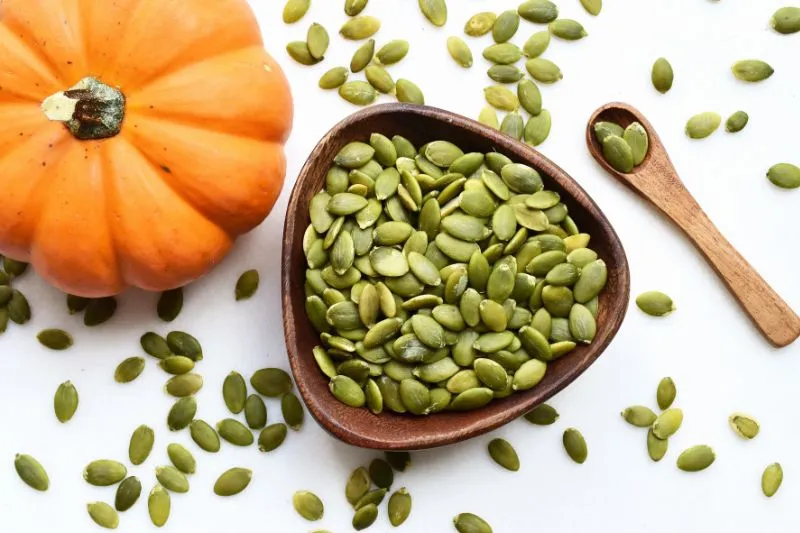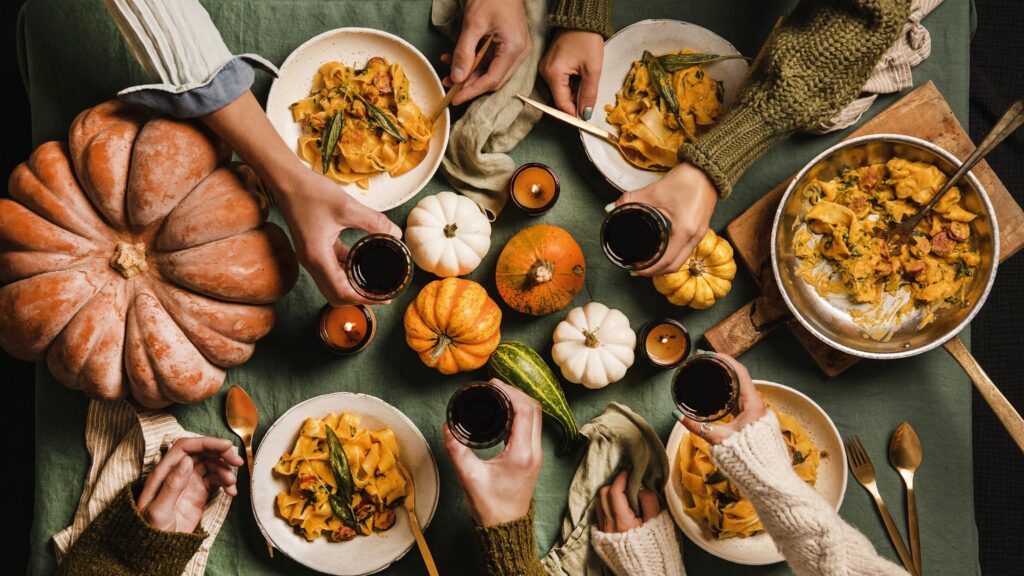Table of Contents
Pumpkin: A Nutritional Powerhouse
Pumpkin is a versatile and nutritious vegetable that is often associated with fall. Its vibrant orange color and sweet, slightly nutty flavor make it a popular ingredient in many dishes. Beyond its culinary uses, pumpkin offers a wealth of health benefits due to its impressive nutritional profile.
Nutritional Composition of Pumpkin
Pumpkins are packed with essential vitamins, minerals, and antioxidants. Some of the key nutrients found in pumpkin include:
- Vitamins: Vitamin A, vitamin C, vitamin E, vitamin B6, folate
- Minerals: Potassium, magnesium, copper, manganese, iron
- Antioxidants: Beta-carotene, alpha-carotene, lutein, zeaxanthin
Health Benefits of Pumpkin
Consuming pumpkin can offer various health benefits, including:
- Boosts immunity: The high vitamin C content helps strengthen the immune system, protecting against infections and diseases.
- Improves vision: Pumpkin is rich in beta-carotene, which converts to vitamin A in the body. Vitamin A is crucial for maintaining healthy vision, especially night vision.
- Promotes heart health: The potassium in pumpkin helps regulate blood pressure, while the fiber content can lower cholesterol levels.
- Supports digestive health: Pumpkin is a good source of fiber, which aids digestion and prevents constipation.
- Antioxidant protection: The antioxidants in pumpkin help neutralize harmful free radicals, reducing the risk of chronic diseases like cancer and heart disease.
- Weight management: Pumpkin is low in calories and high in fiber, making it a satisfying and filling food for those watching their weight.
- Skin benefits: The antioxidants in pumpkin can help protect the skin from damage caused by sun exposure and environmental factors.
How to Incorporate Pumpkin into Your Diet
Pumpkin can be enjoyed in various ways. Here are some popular options:
- Pumpkin puree: This versatile ingredient can be used in smoothies, soups, baked goods, and more.
- Roasted pumpkin seeds: These crunchy seeds are a healthy and delicious snack.
- Pumpkin pie: A classic fall dessert that is perfect for holidays or special occasions.
- Pumpkin bread: A moist and flavorful bread that can be enjoyed for breakfast or as a snack.
- Pumpkin soup: A comforting and nutritious soup that is perfect for chilly weather.
- Pumpkin spice latte: A popular fall beverage that combines the flavors of pumpkin and coffee.
Pumpkin Recipes
Pumpkin Spice Latte:
- Brew a cup of strong coffee.
- In a mug, combine pumpkin puree, maple syrup, and a pinch of cinnamon, nutmeg, and cloves.
- Pour the hot coffee over the pumpkin mixture and stir well.
- Top with whipped cream and a sprinkle of cinnamon.
Roasted Pumpkin Seeds:
- Preheat your oven to 350°F (175°C).
- Cut a pumpkin in half and scrape out the seeds.
- Rinse the seeds and pat them dry.
- Toss the seeds with olive oil and a sprinkle of salt.
- Spread the seeds on a baking sheet and roast for 20-30 minutes, or until golden brown.
Pumpkin Bread:
- Preheat your oven to 350°F (175°C).
- In a bowl, whisk together pumpkin puree, sugar, eggs, oil, and vanilla extract.
- In a separate bowl, combine flour, baking soda, baking powder, cinnamon, ginger, cloves, and nutmeg.
- Gradually add the dry ingredients to the wet ingredients, mixing until just combined.
- Pour the batter into a loaf pan and bake for 45-50 minutes, or until a toothpick inserted into the center comes out clean.
Pumpkin is a nutritional powerhouse that offers a variety of health benefits. By incorporating pumpkin into your diet, you can enjoy its delicious taste and reap the rewards of its essential nutrients.











